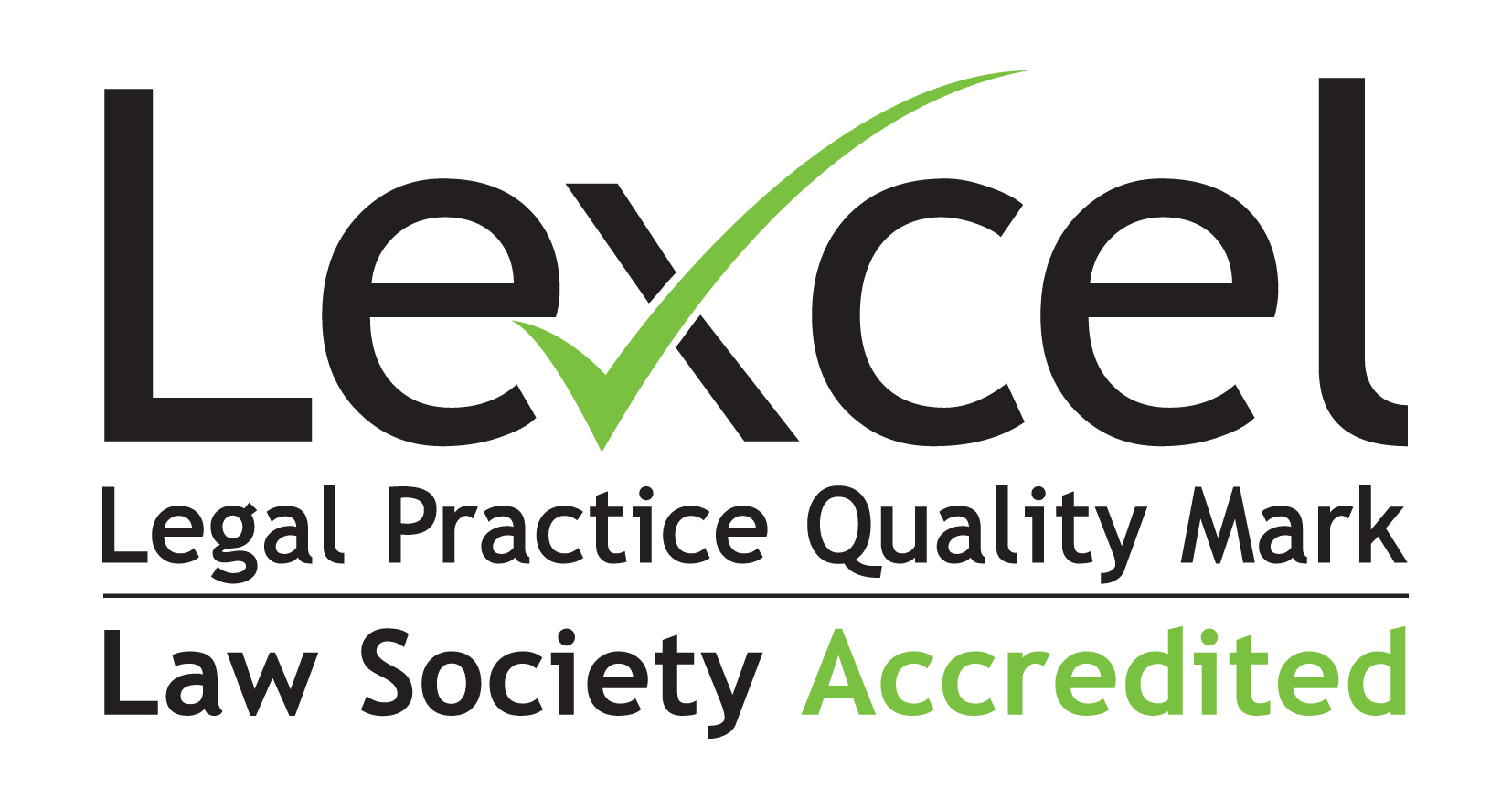The expertise of our Tax team covers a wide breadth of UK and international tax issues, offering practical structuring advice and detailed expert opinions.
Overview
The Tax group is a commercially minded and pragmatic multi-discipline team, with the capacity and experience to advise on all aspects of UK taxation from corporation, income and capital taxes, through to VAT and stamp duties. We can also advise on cross-border issues, including the impact of anti-avoidance legislation and double tax treaty application.
We are a 4 person team, but with the breadth of expertise of a team at least three times our size. Our experience covers transaction, negotiation, advisory and even the provision of detailed legal and expert opinions; all informed by strong academic backgrounds and industry recognised qualifications.
The team is ranked within Tier 1 for Corporate Tax in the South East by Legal 500.
Featured experience
We regularly advise both UK and international SMEs on tax optimal restructuring options for their businesses; recently many of these have taken the form of demergers to carve out parts of the business for subsequent sale, the increase in which has been a response to the UK targeted anti-avoidance legislation on winding up companies.
The team has considerable experience of providing transactional support to the firm’s corporate and property teams. We have been heavily involved in many of the larger share purchase transactions carried out by the wider corporate team, from both the pre-sale structuring perspective through to the negotiation of tax indemnities and warranties. On the commercial property side, we provide support on VAT and stamp duties as well as advice on structuring property ventures / collaborations. We recently advised on (and assisted with the implementation of) a bare trust arrangement for landowner collaboration and promotion.
A substantial part of the tax team’s work is providing detailed technical, legal opinions on pre-existing tax planning arrangements; including how to unwind them and where the vulnerabilities lie in terms of challenge by HMRC. Examples of opinions recently given include effectively operating the VAT Flat Rate Scheme (and application of the Lower Cost Trader rules); reviewing facts to see if a UK taxable trading presence has been created; application of the non-transferor charge under the transfer of assets regime; and minimising exposure on exiting employee benefit trusts and remuneration trusts.
We have been involved with a number of successful Enterprise Investment Scheme (“EIS”) fundraising rounds, taking an active role in the preparation of Information Memorandum and general guidance as well as the tax specific aspects. Although it is getting increasingly hard to secure EIS advance assurance from HMRC, we have found that there are still some good opportunities to attract the coveted EIS tax status.




